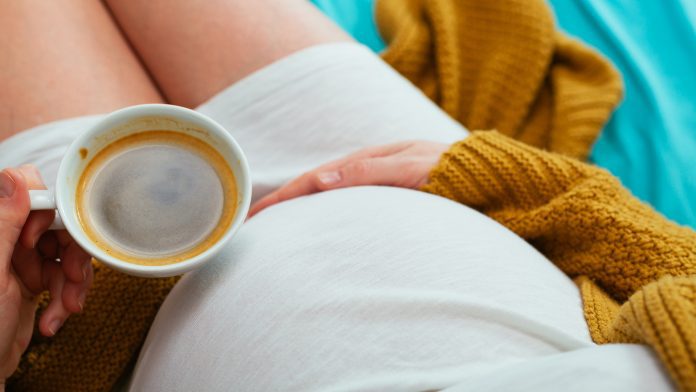
A new study pioneered by researchers in Singapore suggests that regularly drinking coffee potentially lowers the risk of developing type 2 diabetes for women who had gestational diabetes during pregnancy.
Led by Professor Cuilin Zhang, Director of the Global Centre for Asian Women’s Health (GloW), in collaboration with the Harvard T.H. Chan School of Public Health and the National Institutes of Health (NIH), the researchers analysed how drinking coffee impacted type 2 diabetes risk among women with a history of gestational diabetes. The results demonstrated that drinking coffee may be an effective strategy to combat the condition.
The study, ‘Habitual coffee consumption and subsequent risk of type 2 diabetes in individuals with a history of gestational diabetes – a prospective study,’ is published in the American Journal of Clinical Nutrition.
The risk of type 2 diabetes is increasing
Type 2 diabetes is on the rise worldwide, with estimates suggesting that one in three Singaporeans has a risk of developing the condition in their lifetime. Among those at the highest risk are women who have experienced gestational diabetes, with these women facing a ten-fold increased risk of the disease.
Previous research found that replacing artificially- and sugar-sweetened drinks with drinking two to five cups of either caffeinated or decaffeinated coffee daily is potentially a healthier substitute for delaying the onset of, or preventing, type 2 diabetes.
This is thought to be due to bioactive ingredients in coffee, including polyphenols, which are naturally occurring plant micronutrients. Bioactive chemicals are chemicals found in small quantities in plants and foods, such as fruits, vegetables, nuts, oils, and whole grains, that may promote good health.
Drinking coffee has been shown to reduce type 2 diabetes risk in the general population; however, until now, its effects among women who had gestational diabetes were unknown.
Can drinking coffee reduce diabetes risk?
For their investigation, the team monitored 4,500 female participants who had a history of gestational diabetes and were predominantly white for 25 years, examining the associations of regularly drinking coffee with type 2 diabetes risk.

Caffeinated coffee consumption amongst women after their pregnancies was discovered to have a linear inverse association with the risk of type 2 diabetes. Compared to those who did not drink any caffeinated coffee, those who drank one cup of caffeinated coffee or less, two to three cups, and four and more cups a day had a 10%, 17%, and 53% lower risk, respectively.
Moreover, the team identified that drinking decaffeinated coffee was not associated with the risk of type 2 diabetes, although this may be due to the relatively small number of women who consumed decaffeinated coffee, meaning the study was unable to detect an association.
However, replacing artificially sweetened and sugar-sweetened beverages with caffeinated coffee also reduces the risk by 10% for a cup of artificially sweetened beverage and 17% for a sugar-sweetened one.
Professor Zhang concluded: “The overall findings suggest that caffeinated coffee, when consumed properly (two to five cups per day, without sugar and whole-fat/high-fat dairy), could be incorporated into a relatively healthy lifestyle for certain people.
“The beneficial roles of coffee have been consistently suggested across diverse populations, including Asians. Coffee is a popular beverage choice in Singapore, but local coffee-drinking culture and behaviours may vary among individuals, such as brewing methods, drinking frequency, and other condiments contained in the coffee. Thus, more studies are needed to examine the roles of coffee consumption in the local






















